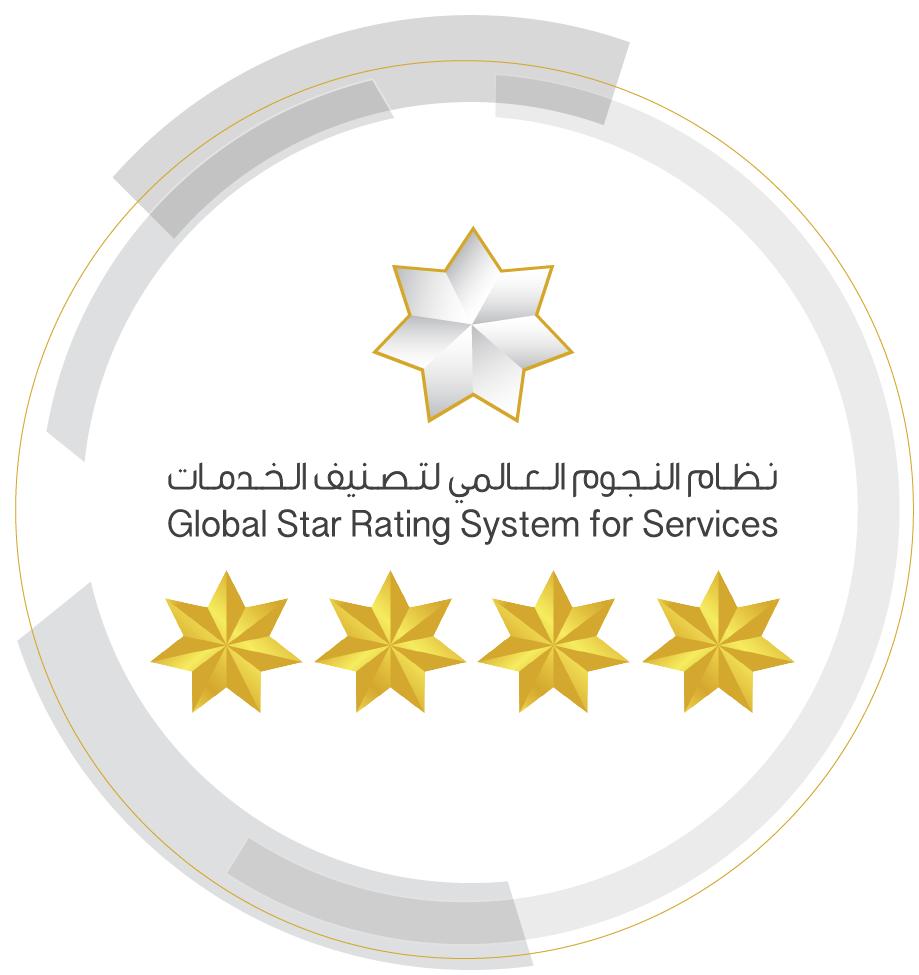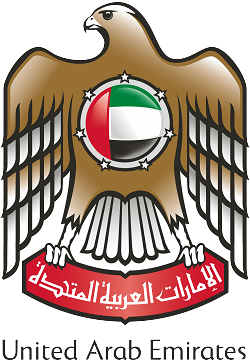24/10/2013
Cyber attacks have become a growing threat for individuals and businesses in recent times, particularly in light of the increasing reliance on modern technology in fields like telecommunications, administration, banking and finance, which are the prime targets for cyber criminals. In this context, the recent report by Symantec, a data and information Security specialized firm, showed that the UAE’s financial losses resulting from electronic attacks totaled AED 1.8 billion in the past 12 months ending in September 2013. 55% of the losses amounting at AED 1.046 billion were the share of individual internet users, while losses of businesses were more than AED 790 million during the same period.
The UAE is among the countries that are highly vulnerable to cyber attacks in the region, especially that it comes at the top in terms of internet usage, adoption of digital technology and e-readiness as part of its drive towards knowledge economy, enablement of digital culture and dissemination of eTransactions across ministries and government entities to keep pace with developments in the modern world. This played role in making the UAE a target for cyber hackers who take advantage of some people’s lack of awareness of the techniques used in the cyber attacks. Those techniques are mainly focused on hacking credit card numbers and bank fraud attempts using sophisticated methods in order to illegally withdraw money by faking certain documents or hacking the bank’s code or PINs of customers’ accounts.
There is no doubt that cyber attacks had negative impacts on individuals and business climate in the UAE. However, what eases the fear is that there are parallel formal and semi-formal movements to provide a more secure space for eTransactions and maintain a digital environment that strengthens trust in these transactions. The UAE’s various government entities have accelerated the adoption of the most sophisticated digital applications and the latest techniques and solutions related to network security in their integrated bases. Moreover, the active efforts by security services and the police are capable of addressing these cyber crimes with a high degree of efficiency and professionalism as they continuously develop and upgrade their physical and technical capabilities and potentials as well as improve their human resources’ performance. They are also keen to keep up with the different technological and electronic developments in the world in relation to combating cybercrimes and Electronic Forensic Science in order to find expertise in the field of information security to address the different types of cyber attacks and swiftly track the attackers.
As individuals are the main targets of cyber attacks in the UAE, it has become very important to work on raising their awareness of the new methods used in electronic fraud and how to combat them. Although the Ministry of Interior launched several awareness-raising initiatives to warn people and companies against such crimes, it is still important for all concerned entities and authorities to participate in increasing public awareness of this phenomenon in order to effectively combat it and eliminate its impacts as much as possible.





Connect with IEDA